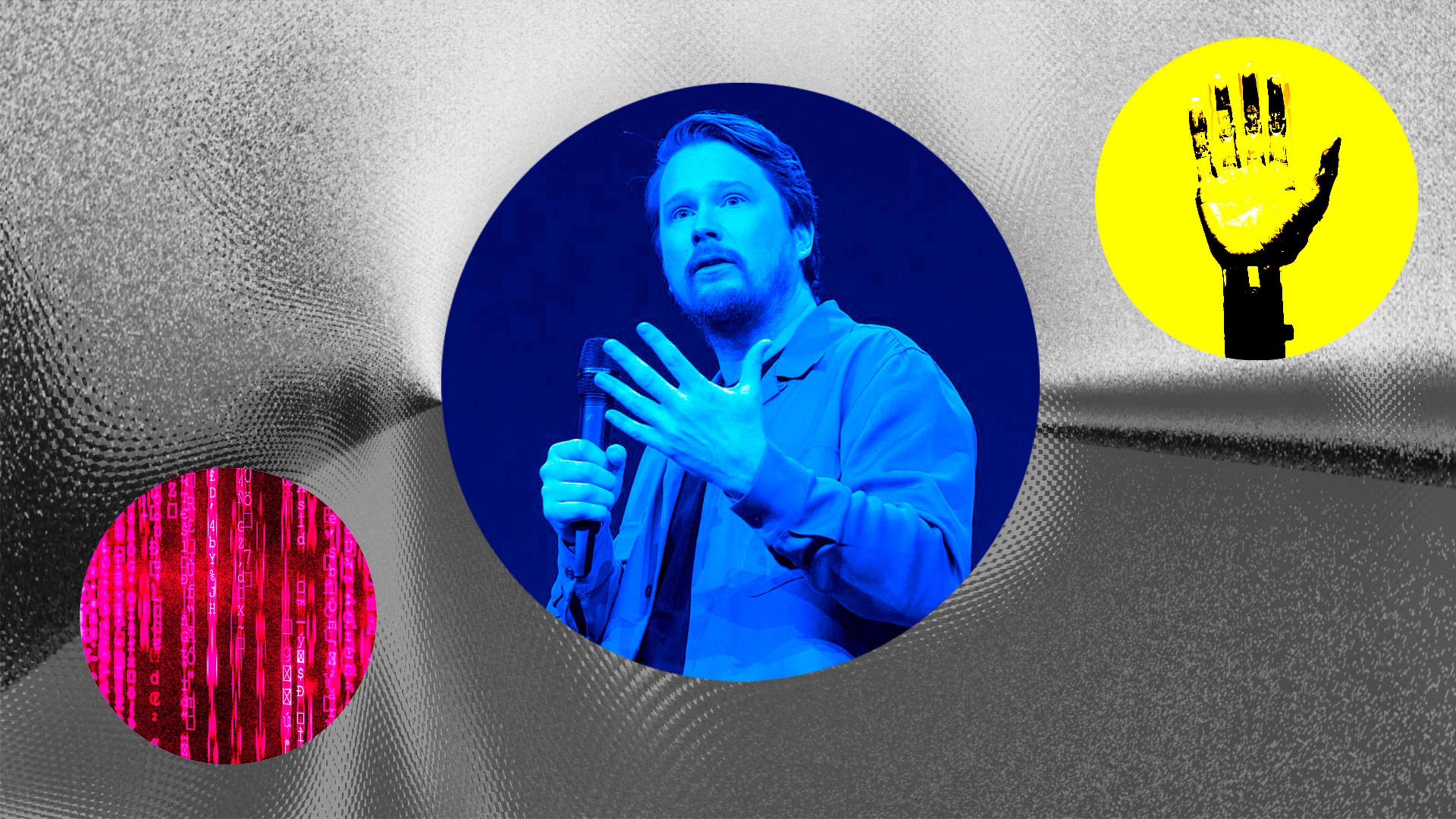“Deep Tom Cruise changed everything,” Metaphysic CEO Tom Graham says over a video call from Porto, Portugal.
There had been plenty of other deepfakes before the AI-generated videos of the Mission Impossible star were released on TikTok in 2021. But the Cruise videos were different: The quality was higher, the subject more dazzling, and the reaction on the internet far more impressive. In no time at all, the videos had garnered many, many millions of views. But for Graham, who had previously co-founded the data analysis software company Heavy.AI, the most amazing thing wasn’t the deepfake per se—it was the videos’s creator, his friend Chris Umé. “I literally rang up Chris and his brother Kevin and asked: ‘Hey, what’s going on with this? How could you make it so realistic?'” says Graham. He saw a business opportunity, and one month later, they founded Metaphysic.
But the idea wasn’t to just release more goofy celebrity clips on the internet. With the Cruise videos, Graham—who used to be a lawyer—got a close-up look at how photorealistic generative AI gave us the ability to reprogram reality, to substitute pixels for matter. Such a power comes with deep ethical and human rights implications and, from the very beginning, Graham says, he and his co-founders spoke about how to bring consent, responsibility, and ownership to the real-world subjects of AI deepfakes.
It is imperative, he believes, that everyone in the generative AI space maintain such ethical considerations when approaching their work, especially as the digital recreations become more powerful and realistic. Unfortunately, not everyone feels that way. As is the case with any technology, people will use it for nefarious purposes. It’s Metaphysic’s role, then, to help develop a safeguard against any would-be crooks.
First, the company built a tool to allow A-list actors and musicians to store a high definition version of themselves, terabytes of scans, clips, and photos that could be used to generate new characters decades after the actors are dead. They demonstrated their product via a deepfake video of Elvis winning America’s Got Talent, then partnered with CAA to offer the service to their clients. Metaphysic was then used to help de-age Tom Hanks and Robin Wright for the upcoming Robert Zemeckis’ movie Here.
But the tool isn’t just for celebrities. Metaphysic plans to make the same service available for everyone in the future. And, if all goes well, their platform will allow people to own and automatically register their AI persona with the U.S. Copyright Office.
Graham—who has submitted his AI-generated character to the U.S. Copyright Office himself—explains that having an AI-generated character registered will allow everyday people to issue a Digital Millennium Copyright Act complaint in the event that their unapproved likeness appears in a deepfake video. The order will force any social media platform to take the clip down within 24 hours, or risk legal hell. (For now, though, Graham is still waiting on the U.S. Copyright Office to green light his own copyright submission.)
Ironically, that means Metaphysic—a company whose origins lie in deepfake videos of Tom Cruise—could emerge as the biggest champions of user rights against AI-generated content. “The dangers are serious and we need to help protect everyone,” says Graham. “Especially the most vulnerable people in society.”
This story is part of AI 20, our monthlong series of profiles spotlighting the most influential people building, designing, regulating, and litigating AI today.
Recognize your brand’s excellence by applying to this year’s Brands That Matter Awards before the early-rate deadline, May 3.
